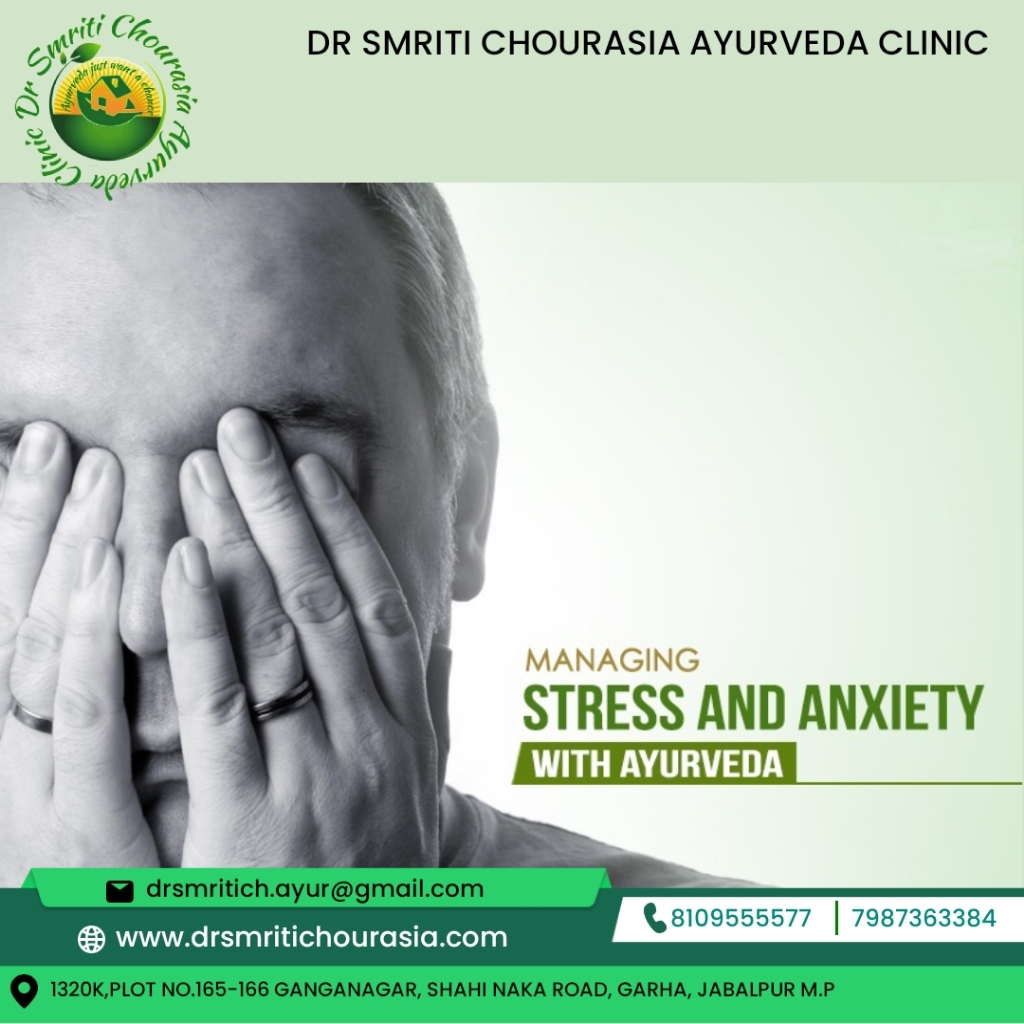How to Reduce Stress And Anxiety Naturally
Stress and anxiety have become all too common in today's fast-paced world. While there are various treatment options available, many people seek natural remedies to alleviate these burdens. In this article, we will explore ten effective strategies that can help reduce stress and anxiety naturally, promoting a sense of calm and well-being.
Practice Deep Breathing and Meditation
Deep breathing exercises and meditation techniques are powerful tools to reduce stress and anxiety. By focusing on your breath and clearing your mind, you can activate the body's relaxation response. Start by finding a quiet space, sit comfortably, and take slow, deep breaths. Engaging in regular meditation practice can help cultivate a sense of inner peace and improve your ability to cope with stressors.
Engage in Regular Physical Exercise
Physical activity is not only beneficial for your physical health but also for your mental well-being. Regular exercise helps release endorphins, the body's natural feel-good chemicals. Engaging in activities like walking, jogging, yoga, or dancing can help reduce stress and anxiety, improve mood, and enhance overall resilience.
Prioritize Quality Sleep
Adequate sleep plays a crucial role in managing stress and anxiety. Lack of sleep can exacerbate these conditions, while restful sleep can promote relaxation and emotional balance. Establish a consistent sleep routine by going to bed and waking up at the same time each day. Create a comfortable sleep environment and practice relaxation techniques before bedtime to enhance the quality of your sleep.
Cultivate a Healthy Diet
The food you consume can significantly impact your mental well-being. A healthy diet rich in whole grains, fruits, vegetables, lean proteins, and omega-3 fatty acids can support brain health and reduce stress and anxiety. Limit the intake of caffeine, alcohol, and processed foods, as they can contribute to feelings of anxiety. Stay hydrated by drinking plenty of water throughout the day.
Embrace Mindfulness Practices
Mindfulness involves being fully present in the current moment, without judgment. It helps redirect your focus from worrisome thoughts and future concerns, promoting a sense of calm. Engage in mindful activities such as mindful eating, walking, or even mindful listening. By practicing mindfulness regularly, you can train your mind to be more resilient and less reactive to stressful situations.
Connect with Nature
Spending time in nature can have a profound impact on reducing stress and anxiety levels. Take regular walks in parks, forests, or any natural setting near you. Breathe in the fresh air, listen to the sounds of nature, and allow yourself to be fully present in the environment. Nature has a soothing effect on the mind and can help you regain a sense of balance and tranquility.
Maintain a Supportive Social Network
Strong social connections play a vital role in managing stress and anxiety. Reach out to friends, family, or support groups that provide a safe space for expressing your emotions and concerns. Engaging in meaningful conversations, sharing experiences, and seeking support can alleviate the burden of stress and anxiety. Surround yourself with positive, understanding individuals who uplift and inspire you.
Incorporate Relaxation Techniques
Incorporating relaxation techniques into your daily routine can significantly reduce stress and anxiety levels. Try practices such as progressive muscle relaxation, guided imagery, or aromatherapy. Experiment with different techniques and find what works best for you. Taking time to relax and unwind allows your body and mind to recharge, promoting a sense of peace and calm.
Engage in Creative Outlets
Expressing yourself creatively can be a powerful tool for reducing stress and anxiety. Engage in activities such as painting, writing, playing a musical instrument, or dancing. These outlets provide a means of self-expression and allow you to channel your emotions in a constructive way. Creativity can be therapeutic and offer a much-needed escape from daily stressors.
Set Realistic Goals and Prioritize Self-Care
Setting realistic goals and prioritizing self-care are essential for managing stress and anxiety. Break down larger tasks into smaller, achievable steps to avoid feeling overwhelmed. Practice self-compassion and make time for activities you enjoy. Remember that self-care is not selfish but necessary for maintaining overall well-being.
Conclusion
Reducing stress and anxiety naturally requires a holistic approach that encompasses physical, mental, and emotional well-being. By incorporating these strategies into your daily life, you can empower yourself to manage stress effectively and cultivate a sense of inner peace, leading to a happier and healthier life.



Comments